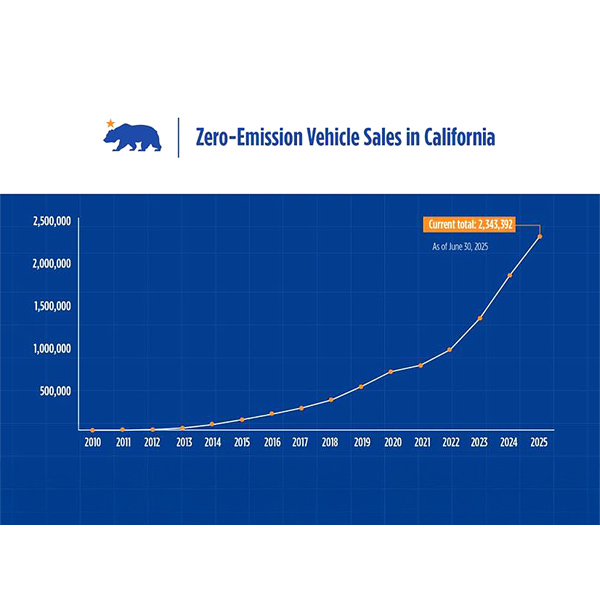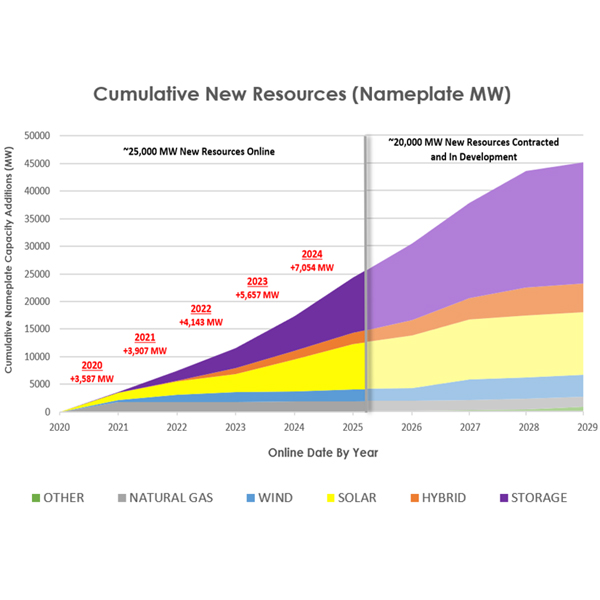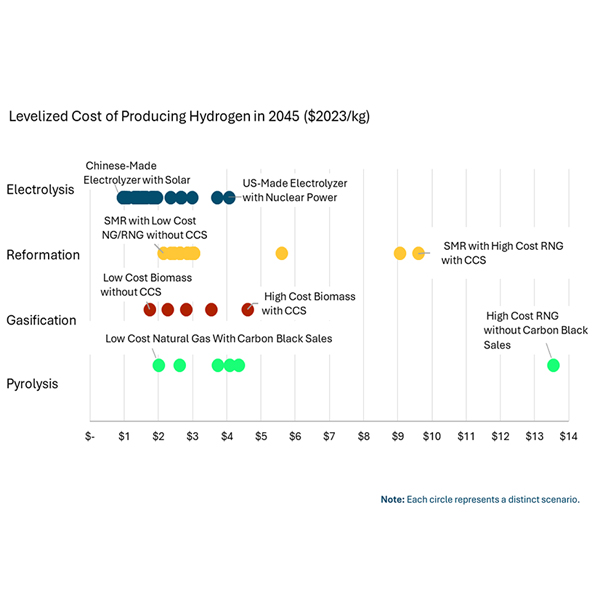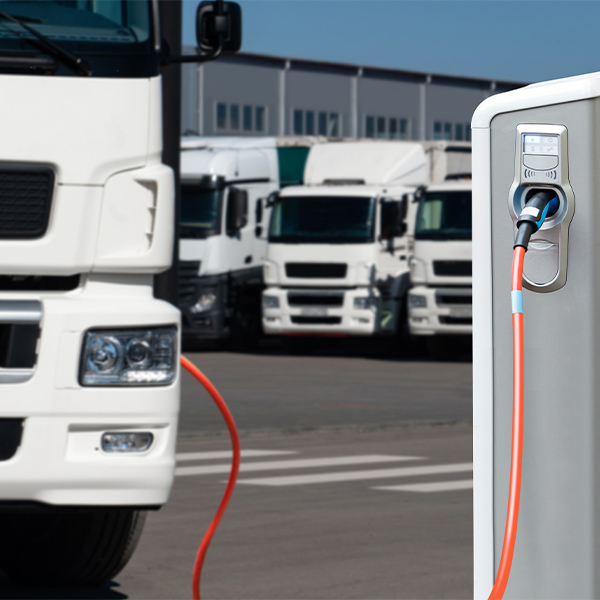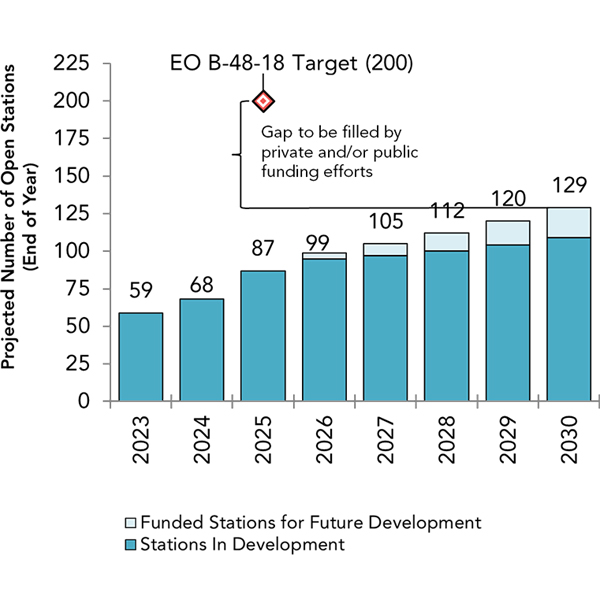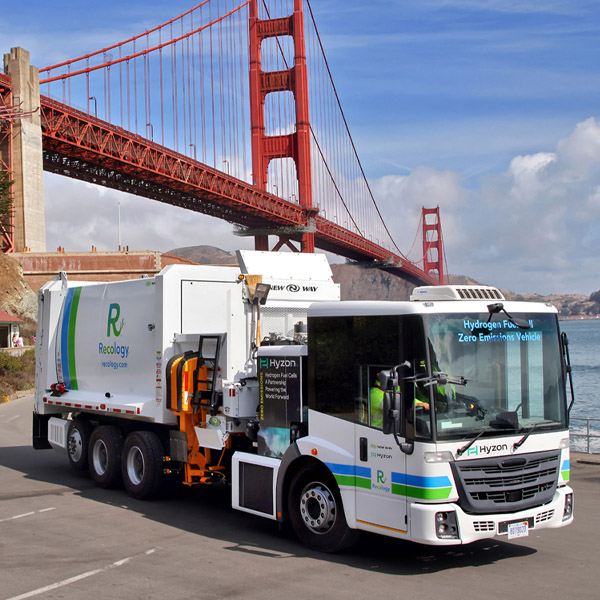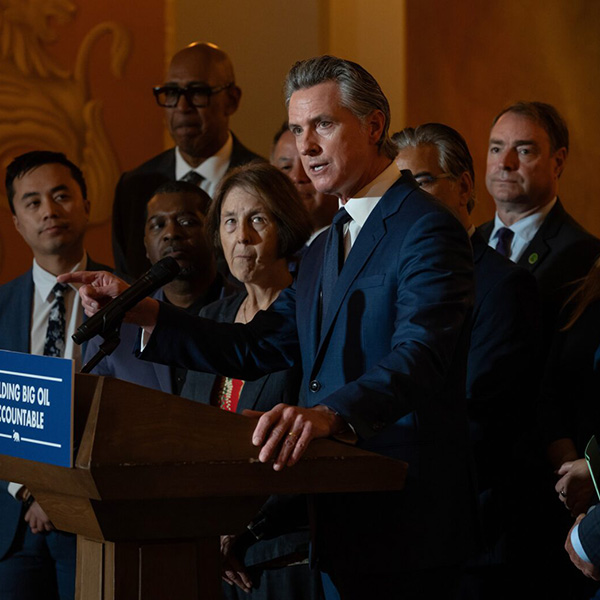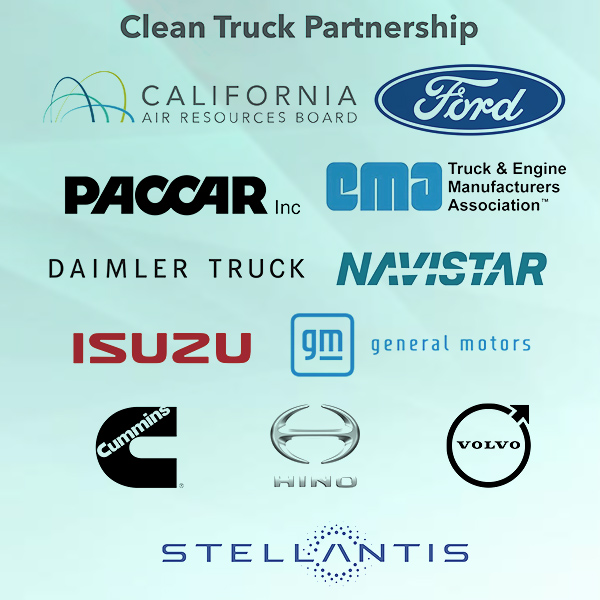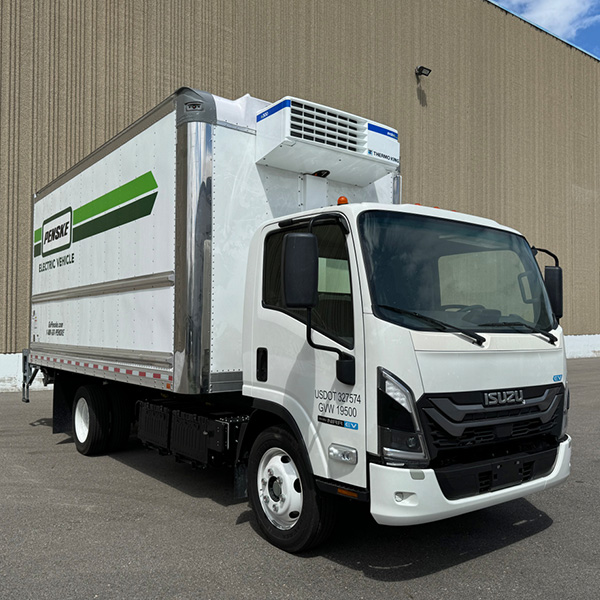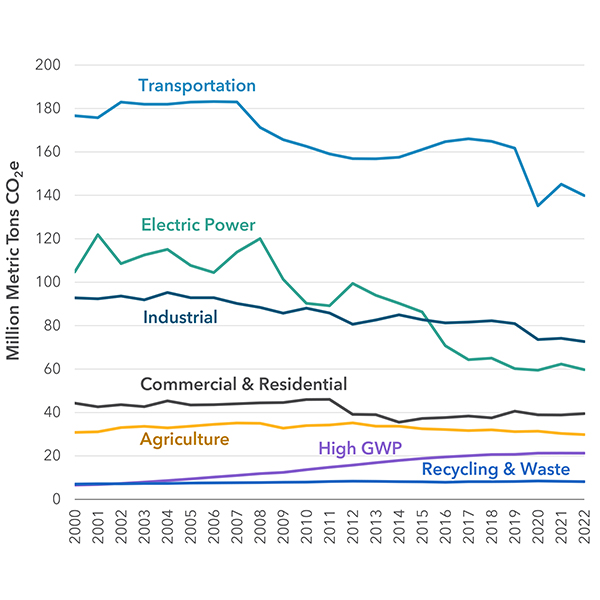California Air Resources Board (CARB)
Facing federal attacks on its landmark zero-emission vehicle regulations, California is “doubling down” on efforts to spur ZEV adoption.
California's grid is expected to meet peak demand this summer, with officials pointing to the massive growth in solar and storage resources as key.
Consultants are evaluating four primary pathways for hydrogen production in California, and say it’s too soon to eliminate any of them from a long-term strategy for the state’s green hydrogen industry.
California regulators have withdrawn their request for federal approval of a statewide ban on diesel truck sales after 2035, saying they’ve run out of time before President-elect Donald Trump returns to the White House.
Rather than expanding its network of light-duty hydrogen-fueling stations, California lost three stations last year, casting doubt on the state’s ability to meet a 200-station goal, a new report found.
California regulators approved a $35 million package of clean transportation incentives for fiscal year 2024/25, a steep drop in funding that is raising concerns about the fate of programs not funded by the package.
The California governor is convening a special session of the state legislature to take steps “to safeguard California values” — including the fight against climate change — ahead of president-elect Donald Trump’s second term.
California regulators have approved changes to a zero-emission truck regulation to make compliance easier, keeping their end of a deal with truck manufacturers over the transition to ZEVs.
Cargo transportation companies are replacing diesel-powered generators with units fueled by solar, batteries and regenerative brake energy in an effort to cut emissions from refrigerated containers and trucks.
California’s greenhouse gas emissions fell by 2.4% in 2022 compared with the prior year, with the largest decrease seen in the transportation sector, according to a report by the California Air Resources Board.
Want more? Advanced Search
